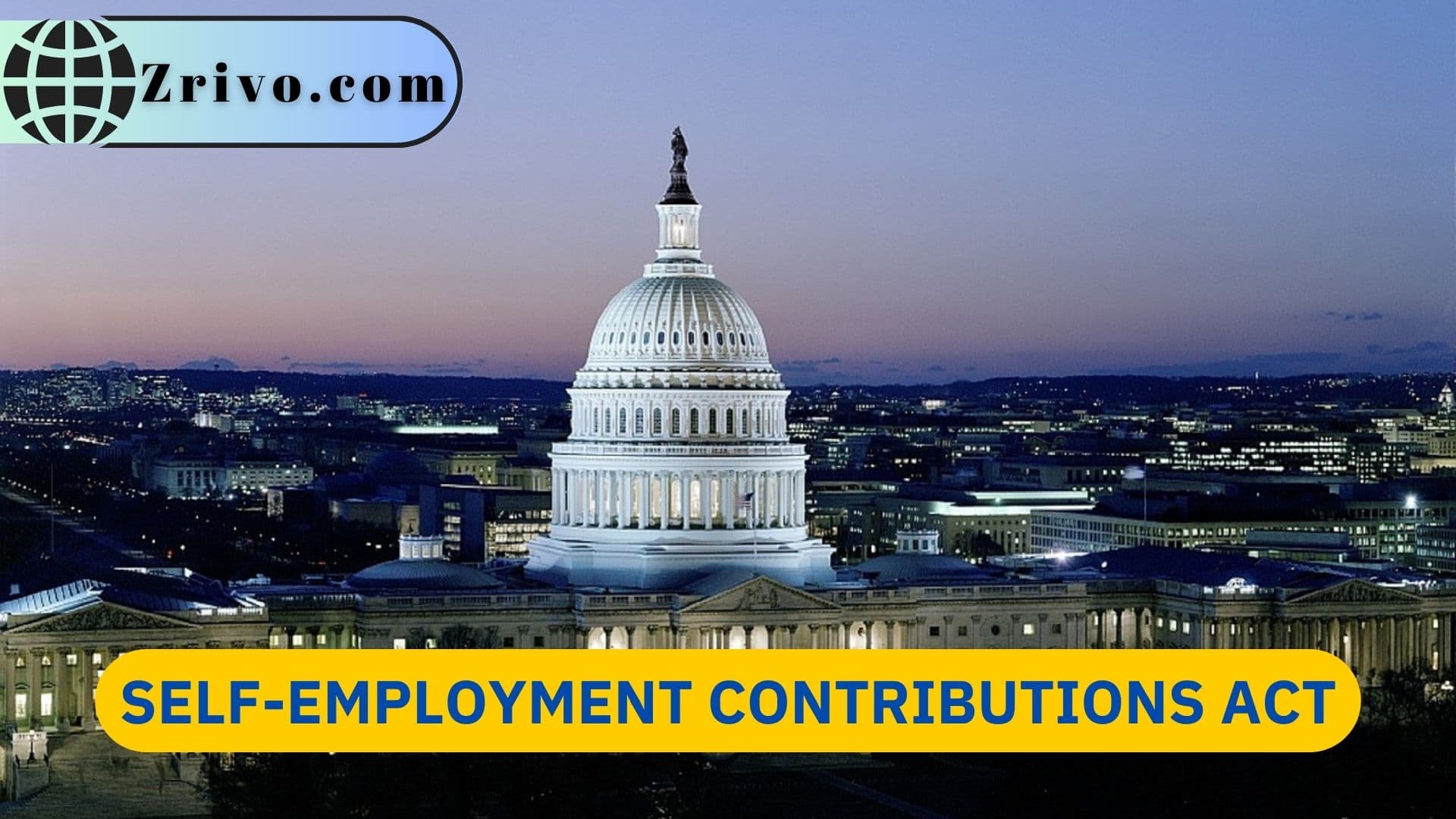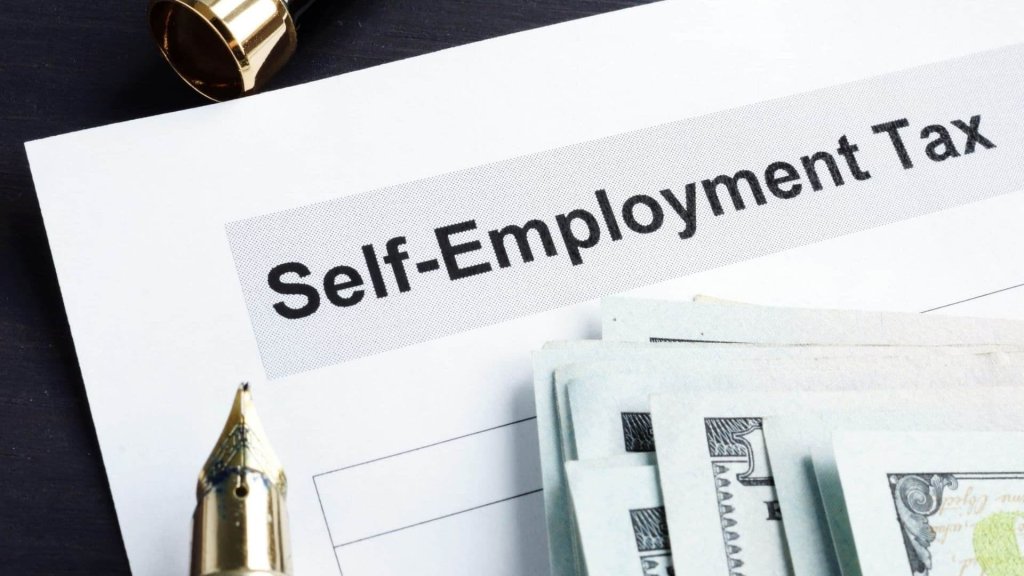
The Self-Employment Contributions Act (SECA) is a tax law that requires all small business owners like S corporations, sole proprietors, and partnerships to pay a 15.3% tax on net income to cover their Social Security and Medicare contributions. The self-employed also have the option to deduct half of this SECA tax as a business expense. The law is a part of the Federal Insurance Contributions Act or FICA. Employers and employees both pay FICA taxes. However, when a person is self-employed, he or she is considered both an employer and an employee. As a result, the individual must pay FICA and SECA taxes together.
In addition to the SECA tax, the law also imposes a tax on nonresident aliens. This includes United States citizens living in the Virgin Islands, Puerto Rico, Guam, or American Samoa. The tax also applies to those who are residents of the Northern Mariana Islands.
- The Social Security tax is 12.4% of your net earnings, up to a certain amount per year, which currently stands at $142,800. In addition to the Social Security tax, you’ll also pay a 2.9% Medicare tax on your net earnings. Combined, these two taxes account for about 15-35% of your net earnings, which is a pretty significant percentage of your total take-home income.
What’s more, you’ll need to file a special tax form called Schedule SE (Form 1040) in order to calculate your Social Security and Medicare contributions. Fortunately, this form is fairly easy to use and can save you significant time in the long run.

Who Must Pay SECA?
As a self-employed person, you pay your own 15.3 percent of FICA taxes on your net earnings. You file a Schedule C with your income tax return to report profit or loss from your business and a Schedule SE to calculate your Social Security and Medicare taxes. However, it is important to note that the cap on Social Security taxes is 12.4%. You can also claim a deduction for the cost of health insurance if you’re self-employed, which is an additional 1.45% of your total net income.
Some self-employed individuals can use the Earned Income Tax Credit, a federal program that helps low-income people with their federal income tax. Learn more about it or use the EITC Assistant to find out if you are eligible. If you are a member of a religious order that has taken a vow of poverty or have an approved ministerial exception, you may not be required to pay SECA taxes. You are also exempt from self-employment taxes if you are a statutory employee with the church or a church agency.
FAQs
What is SECA?
SECA stands for Self-Employment Contributions Act. The law requires self-employed individuals to pay Social Security and Medicare taxes on their net earnings from self-employment.
Who is subject to SECA?
Any self-employed individual who earns at least $400 in net earnings from self-employment during the year is subject to SECA.
How much is the SECA tax?
The SECA tax is calculated as 15.3% of your self-employment earnings, including the Social Security tax (12.4%) and the Medicare tax (2.9%).
Do I have to pay SECA tax if I also have a regular job?
If you have both self-employment income and wages from a regular job, you may still be subject to SECA tax on your self-employment income. However, you may be able to reduce the amount of SECA tax you owe by deducting half of your self-employment tax on your income tax return.
How do I pay SECA tax?
You can pay SECA tax by including it with your federal income tax return. If you expect to owe more than $1,000 in SECA tax for the year, you may be required to make estimated tax payments throughout the year.
Can I deduct SECA tax on my tax return?
Yes, you can deduct half of your SECA tax on your income tax return as an adjustment to income.
What happens if I don’t pay SECA tax?
If you don’t pay SECA tax, you may face penalties and interest charges from the IRS. The penalties and interest will depend on how much you owe and how late you are in paying.
Can I get Social Security benefits if I only have self-employment income?
Yes, self-employed individuals are eligible for Social Security benefits based on their net earnings from self-employment. However, you must have earned at least four credits (based on your total income) to be eligible for Social Security benefits.